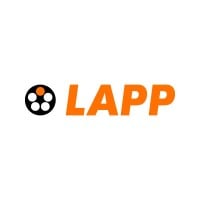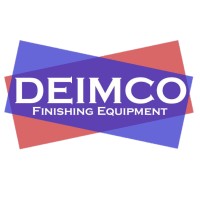
FLEXIMARK
Fleximark is a company within LAPP. A family business and global player. We have warehouses all over the globe, development centres, 18 production sites, 44 sales companies and worldwide cooperation with business partners. Fleximark AB work actively and purposefully with quality, environmental and energy management. Fleximark is certified according to ISO 9001, ISO 14001 and ISO 50001. Fleximark is also certified by Achilles, and is a member of REPA. Our product range complies with the EU directive "RoHS" requirement. Products produced and delivered by Fleximark is also controlled under the EU REACH directive.






